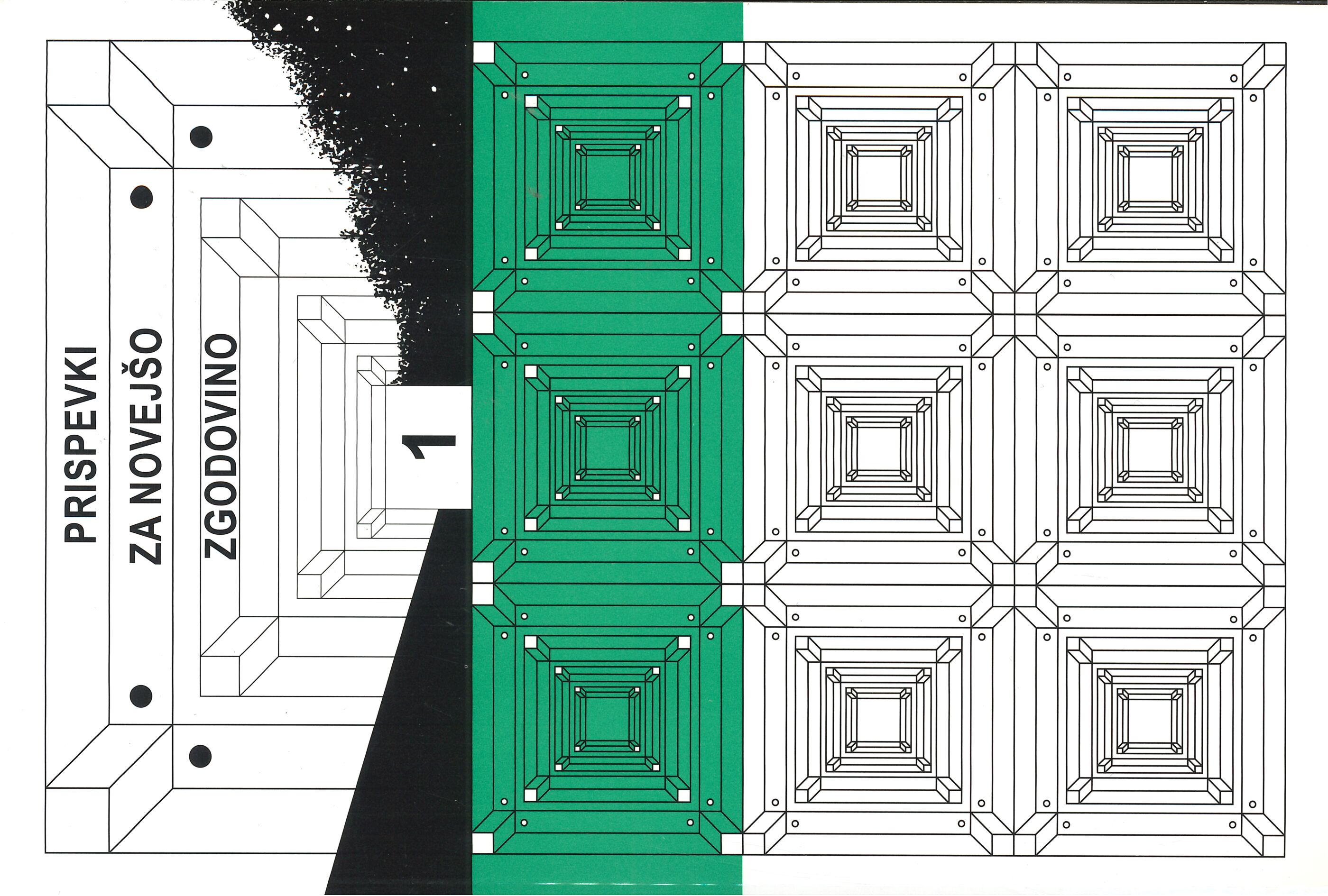Principles and Origins of Socialist Democracy
Keywords:
Yugoslavia, politics, socialism, socialist democracy, (workers') self–managementAbstract
The author provides an analytical presentation of the beginnings of the political system referred to as socialist democracy, which existed in Yugoslavia after World War II and throughout most of its existence. He demonstrates the essential moves involved in introducing this political system, which was quite special in the world and only existed in Yugoslavia. The author explains what socialist democracy was (its principles), what foundations it was based on, as well as why, when and how it was introduced. The guidelines of socialist democracy were based on the Marxist thought about the withering (abolishment) of the state as the means of class–related violence. In the opinion of the leading Yugoslav politicians the state was becoming too strong due to its extensive and omnipotent state apparatus, which is what, according to them, happened in the Soviet Union. That is why they decided for a completely opposite outlook on the state and its role, in order to oppose Stalin also in the realm of theory. They saw economy as the first area where the state should be abolished. Thus, on the basis of Marx's deliberations about the »association of direct producers«, they decided to introduce the workers' self–management, a possibility for the employees to take part in the state–owned factories (co–operate in the management of the factory through their elected representatives). The politicians saw the strengthening of the local self–management as another area where the role and the power of the state could be diminished. On these bases the political system of the socialist democracy, in which the class principles were emphasised, was developed. The authority went to the working people.
Downloads
Published
Issue
Section
License
Authors who publish with this journal agree to the following terms:
- Authors retain copyright and grant the journal right of first publication with the work simultaneously licensed under a Creative Commons Attribution License that allows others to share the work with an acknowledgement of the work's authorship and initial publication in this journal.
- Authors are able to enter into separate, additional contractual arrangements for the non-exclusive distribution of the journal's published version of the work (e.g., post it to an institutional repository or publish it in a book), with an acknowledgement of its initial publication in this journal.
- Authors are permitted and encouraged to post their work online (e.g., in institutional repositories or on their website) prior to and during the submission process, as it can lead to productive exchanges, as well as earlier and greater citation of published work (See The Effect of Open Access).


